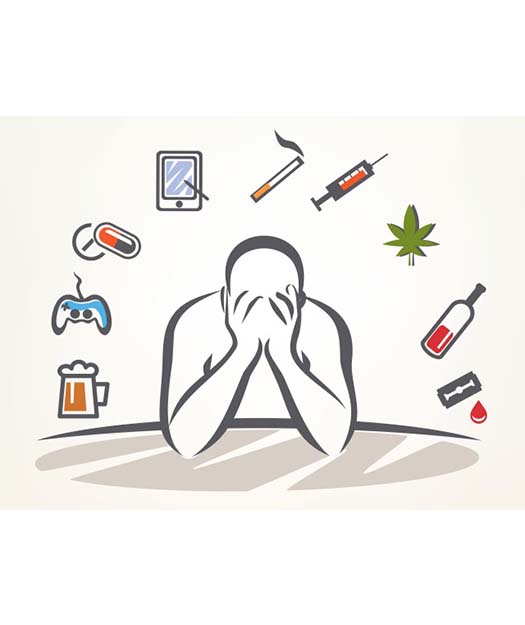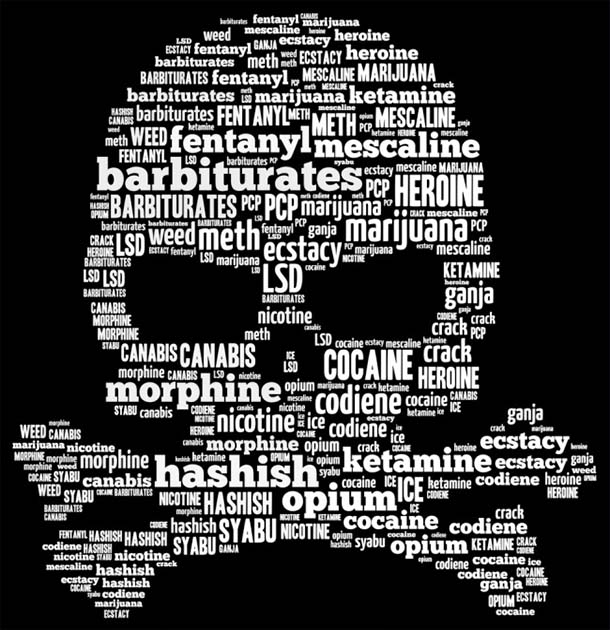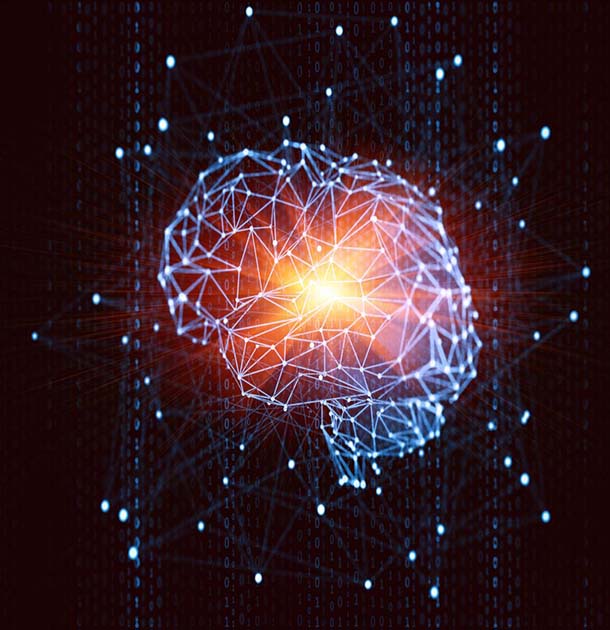The definition of addiction is a chronic brain disease that manifests itself as a dependency on a substance or behaviour. This mental illness is characterised by engaging in compulsive behaviour, despite negative consequences, combined with preoccupation and cravings. However, it is important to try to understand what addiction is, because, without treatment, it can be highly detrimental to the mental and physical wellbeing of the person affected and those around them.
An addictive substance has the characteristics of being rewarding and reinforcing. Addiction itself combines both dependence and abuse. Substance abuse by itself does not necessarily mean addiction.
Dependence refers to being psychologically and/or physically dependent on a substance/behaviour and exhibiting withdrawal symptoms if the substance/behaviour is taken away. In the case of drug addiction, abuse can refer to misusing a substance, taking much more of it than recommended, or repeatedly engaging in the activity despite notable harm.

All types of addictions affect a person's brain function and behaviour, taking control of their day-to-day life. Although addiction is a chronic mental illness, it is possible to recover from it.
Addiction is a complex topic to comprehend, with various biological and psychosocial aspects behind it. Addiction actually affects the brain, altering reward pathways and parts responsible for self-control. Addiction is also influenced by a number of factors such as genetics, environment and general state of mental health.

Physical vs. Psychological Addiction A person can have a psychological addiction, physical addiction, or both. A psychological addiction means that the brain has become dependent on the substance/behaviour, and a person will exhibit mental symptoms, such as depression, anxiety or psychosis, upon cessation.
Physical addiction means that the body has become dependent, and a person will exhibit physiological withdrawal symptoms upon cessation of use, such as nausea, headaches, seizures. It is also possible to be both psychologically and physically addicted.
A person can develop a psychological addiction without a physical addiction, even with drugs. The same is true in reverse. Some people may also never develop an addiction, but that doesn't mean they are immune to it.

The definition of addiction is a chronic brain disease that manifests itself as a dependency on a substance or behaviour. This mental illness is characterised by engaging in compulsive behaviour, despite negative consequences, combined with preoccupation and cravings. However, it is important to try to understand what addiction is, because, without treatment, it can be highly detrimental to the mental and physical wellbeing of the person affected and those around them.
An addictive substance has the characteristics of being rewarding and reinforcing. Addiction itself combines both dependence and abuse. Substance abuse by itself does not necessarily mean addiction.
Dependence refers to being psychologically and/or physically dependent on a substance/behaviour and exhibiting withdrawal symptoms if the substance/behaviour is taken away. In the case of drug addiction, abuse can refer to misusing a substance, taking much more of it than recommended, or repeatedly engaging in the activity despite notable harm.
Addiction Ayuvedic Treatment
Causes of Addiction Addiction is a complex topic to comprehend, with various biological and psychosocial aspects behind it. Addiction actually affects the brain, altering reward pathways and parts responsible for self-control. Addiction is also influenced by a number of factors such as genetics, environment and general state of mental health.
Genetics Genetics are believed to play a key role in addiction. While there are studies about "addiction genes", there are also genes that control impulsivity and inhibition, that can influence dependence. For example, it has been noted alcohol addiction is about 40-60% determined by a person's DNA. Likewise, the chance of a person developing a drug addiction is about 50% higher if they have a direct relative with the same problem.
Environment The social environment also influences people's behaviours. Peer pressure is a powerful thing. Living in a stressful environment can lead a person to search for an escape from their day-to-day situation. Or they may look for ways to improve their image.
For example, a college student may start to take amphetamines to improve their grades. Some people maybe just simply bored of their lives, and try to seek out a "new high".
With both genetics and environment, addiction falls under the debate of nature vs. nurture.